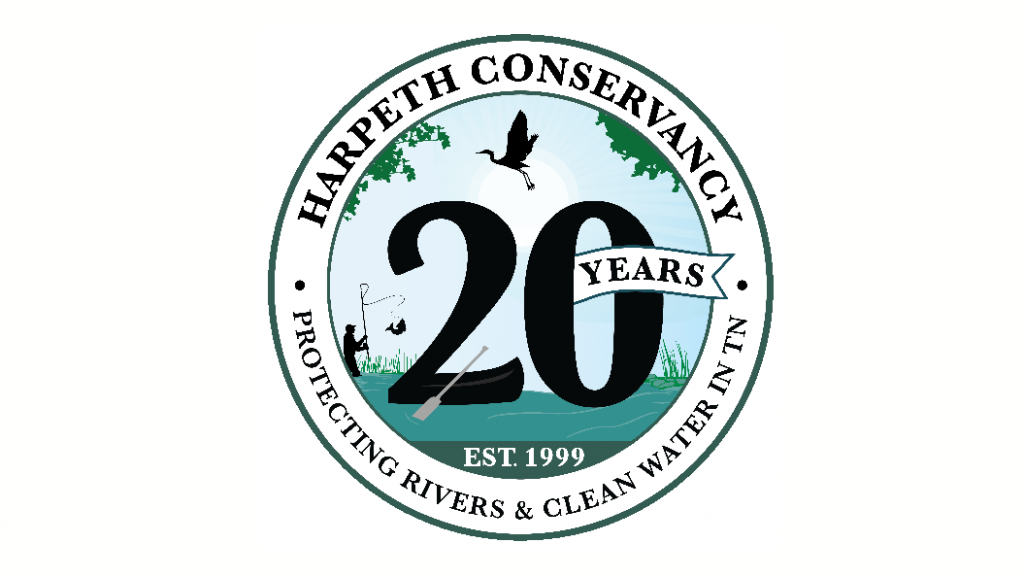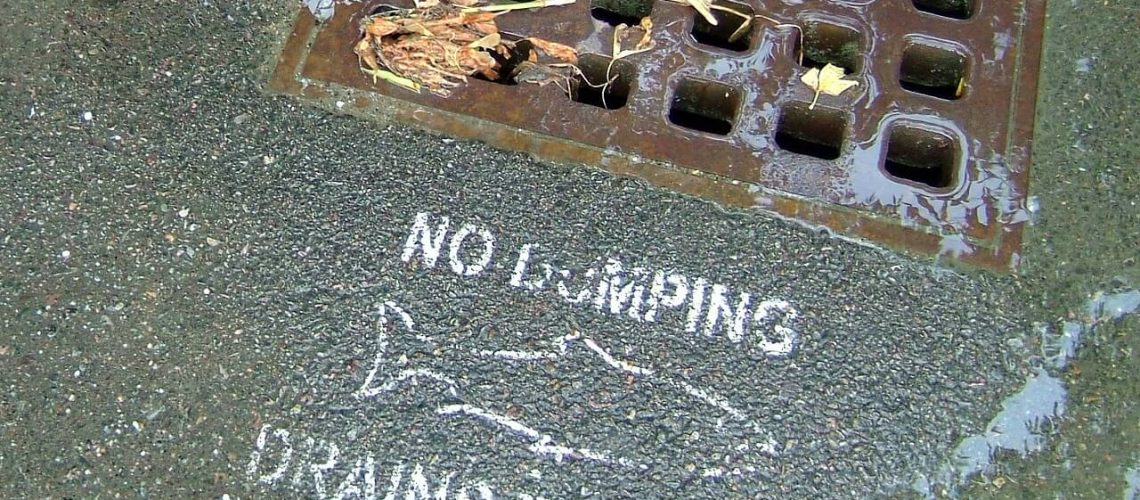Harpeth Conservancy supports legislation requiring municipal wastewater plants to quantify and limit pollutants
Statement by Jim Redwine
Vice President & COO , Harpeth Conservancy
NASHVILLE, TENN, March 8, 2016–Harpeth Conservancy is proud to support legislation filed in the Tennessee General Assembly that will hold municipal wastewater treatment plants receiving loans from the state accountable for following mandates of State and Federal clean water laws and regulations.
On behalf of our members and supporters and the more than 500,000 citizens who annually enjoy the Harpeth River, we thank Representatives Bo Mitchell and John Ray Clemmons and Senator Jeff Yarbro for sponsoring HB 2614 /SB 2618.
While this legislation addresses the immediate threat to the Harpeth River by the proposed Franklin wastewater treatment plant, it also sets a needed standard for future funding of wastewater facilities across Tennessee. The bill’s mandate is simple: “If you take money from Tennessee taxpayers, you must also take the responsibility of following Federal and State laws and regulations related to clean water.”
The legislation is also an important step to help make sure that all of those concerned with the health of Tennessee rivers are heard in efforts to help restore and protect the State Scenic Harpeth River.
The Harpeth River, which flows over 125 miles from its headwaters in Eagleville to its mouth in Ashland City, is perhaps the most heavily recreated river in Tennessee, with many users from the greater Nashville area. Swimmers, paddlers, and anglers, among others, enjoy the Harpeth and come into direct contact with the river’s waters.
However, this critical resource is polluted, however, along much of its course and was recently designated one of the 15 most endangered rivers in the U.S. Significant portions of the Harpeth are also on the State’s list of impaired waters under section 303(d) of the Clean Water Act.
Pollution from nitrogen and phosphorus is especially challenging for the Harpeth. These pollutants are responsible for harmful algae blooms, including the growth of potentially toxic blue-green algae, that are a growing national problem in places like Lake Erie and Toledo, Ohio, and Florida and other Southeastern states. These issues have forced the prolonged closure of city water systems in some cases, for example.
Experts have noted that the Harpeth River is already at or passed a tipping point for the growth of potentially toxic blue-green algae.
These two pollutants must be controlled under the Tennessee Water Pollution Control Act and the federal Clean Water Act. When a river such as the Harpeth is impaired, a TMDL (a “total maximum daily load”), a thorough and objective study of the river and a pollution reduction plan for it, is required. Despite the Harpeth’s being on the State’s list of impaired waters for over a dozen years, this study / plan is still in its infancy, and still lacks critical initial elements.
To help protect the public health while the study / plan is being done, the State is required to set a standard for discharges based on the actual water quality in the river. To date, this has not happened. Nevertheless, the State continues to lend money with no strings attached to build sewer plants that pollute the Harpeth and other rivers in Tennessee. The bill requires the State to establish such a water quality-based limit within a year, that is designed to clean up the river within ten (10) years, and to help ensure accountability in the use of taxpayers’ money.
We believe that Representatives Mitchell and Clemmons and Senator Yarbro have offered a workable approach to helping speed up the restoration of the Harpeth River and to protecting other streams across the state. Their bill will also make sure that all river users – throughout its reach – have a say in the cleanup of rivers.
We stand ready to continue to help our elected representatives and to work with all river users and the State to help restore and protect rivers and clean water across Tennessee. We are prepared to meet with the City of Franklin and the Tennessee Department of Environment and Conservation promptly to amicably establish workable and effective controls for the Harpeth River.
###
Click to view the BILL and FISCAL NOTE.
Click HERE for attachment










